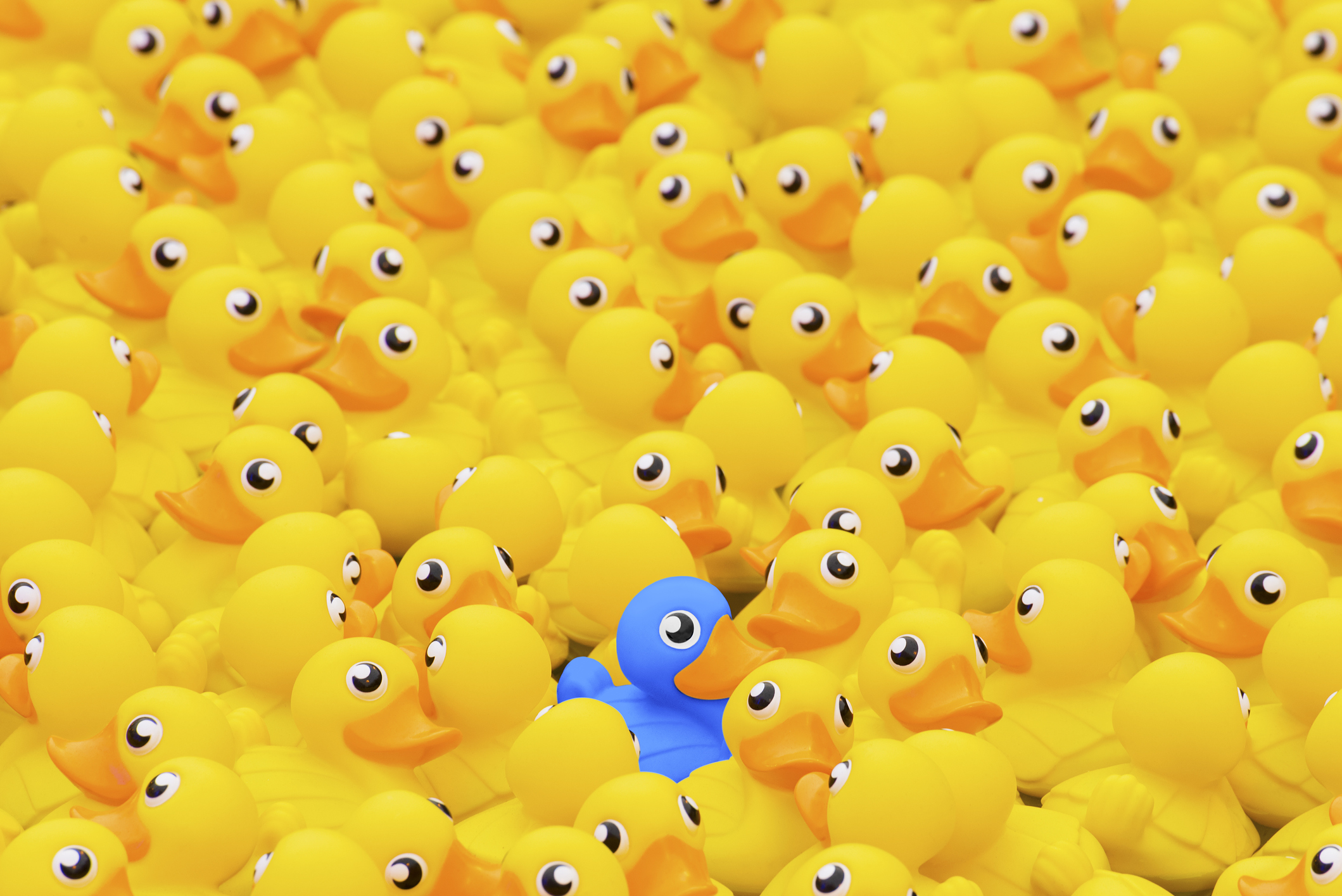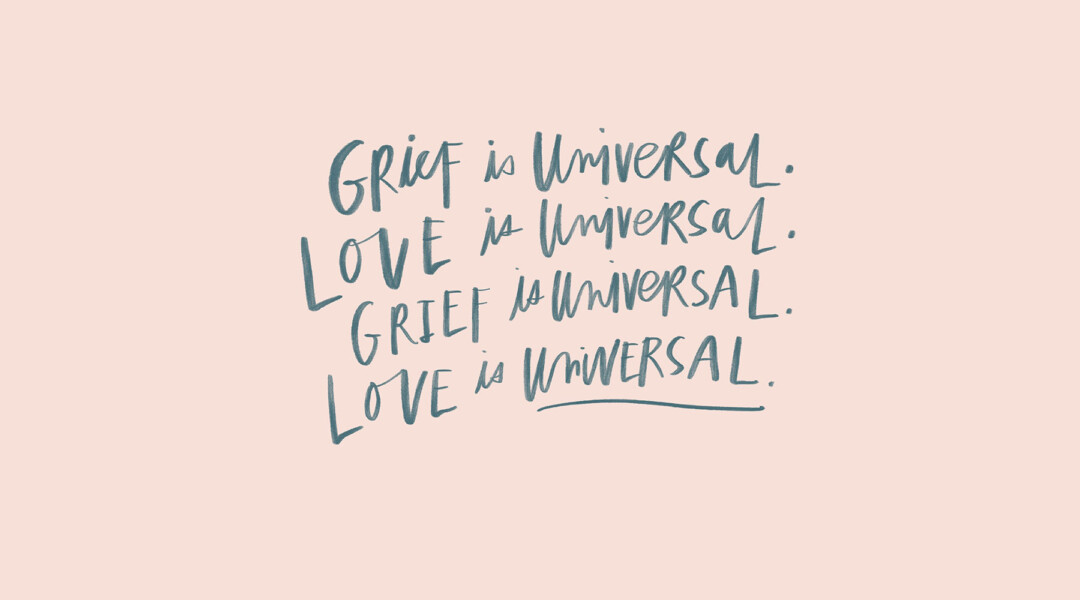I was 16 years-old the first time someone told me to “take notes for the group.” That someone was Joe, the editor-in-chief of the high school newspaper. I was the only girl in a room full of boys. I said no.
My younger brain did not specifically identify the request as sexist or as one trying to marginalize me. That level of clarity only came to me years later. I just instinctively reacted to Joe’s behavior, knew he was signaling me out as a girl and that it was wrong.

After my refusal to take notes, the situation escalated quickly. Joe threatened to make sure that I never became the next editor-in-chief of the newspaper. Of course, I had my heart set on becoming the next editor-in-chief.
But I did not blink. The most important thing then was standing up for myself. So I told him to “drop dead” and walked away. Admittedly, that last part was not my finest moment!
When I later met with Mrs. Z, the faculty advisor, I expected to be praised for being strong and not letting a boy push me around just because I was a girl. I would not have characterized it this way at the time, but reflecting back on it, I was proud of having been my authentic self. That pride was short-lived.
Instead, Mrs. Z told me that my actions demonstrated that I was too emotional, too passionate and not enough of a team player to be an effective leader. She said that being emotional and passionate made me seem weak and not thoughtful. Although she did not say it out loud, she did not need to: I was not going to be editor-in-chief because I acted too much “like a girl.”
I was beyond devastated. Mrs. Z’s reaction played right into my worst fear about myself: the real me did not cut it. To be good enough, to be the next editor, I had to be someone else. Someone who did not feel passionately about issues. Someone who played along to get along. Someone who needed to be a diluted version of herself.
This situation was not the first in my life where I struggled with either being myself or being who the world thought I should be. But this specific experience had a very profound impact on how I viewed myself going forward. And continues to be something I grapple with today.
I suspect I am not alone in fighting this battle. I think we all fear deep down – – at least a little bit– that if we embrace the uniqueness of who we truly are, the rest of the world will reject us. And that rejection will be too much to bear. That all said, at 51 years-old, despite this constant battle, I still cannot give up on the belief, that, in the end, being true to yourself is the key to living a rich and fulfilling life.
And here is the part of the editor story that I omitted. It, arguably, is the most important piece and one I only learned about many years later . . .
A few days before the school announced the new editor-in-chief, I had a track meet. I ran the mile that day. One of my younger teammates was struggling during the race, which was the last of the regular season. So I ran with her. Until we got to the last straight-away. I suddenly developed a cramp. I yelled for her to run her fastest and go on without me, which she did. She placed third in that race, which ensured she earned her varsity letter that track season. As for me, I later jogged across the finish line, cramp-free, with the coach giving me a high-five.
Unbeknownst to me, Mrs. Z had stopped to watch the race on the way to her car that day. And it was then that she finally saw it — the real me. She saw that being personally invested and passionate and heart-driven did not make me some fragile little girl. Instead, she saw that leaning into those qualities made me a stronger leader, not a weaker one. In the end, she realized that what she previously viewed as my fatal flaw was, in fact, my biggest strength. If only I had realized it then too . . .
Post-script:
As I have reflected on this incident recently, I realize that this story highlights so many issues: sexism, bias, bullying, control, self-advocacy, self-doubt, self-worth, so many others. And I appreciate how intertwined these issues are to one another. Enough material here for about ten blog posts! More to come . . .



